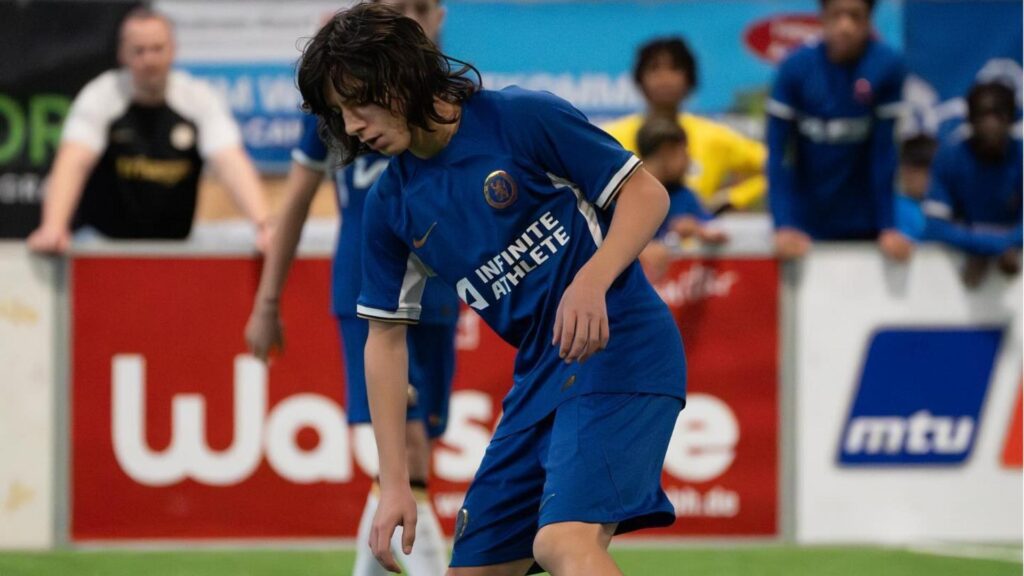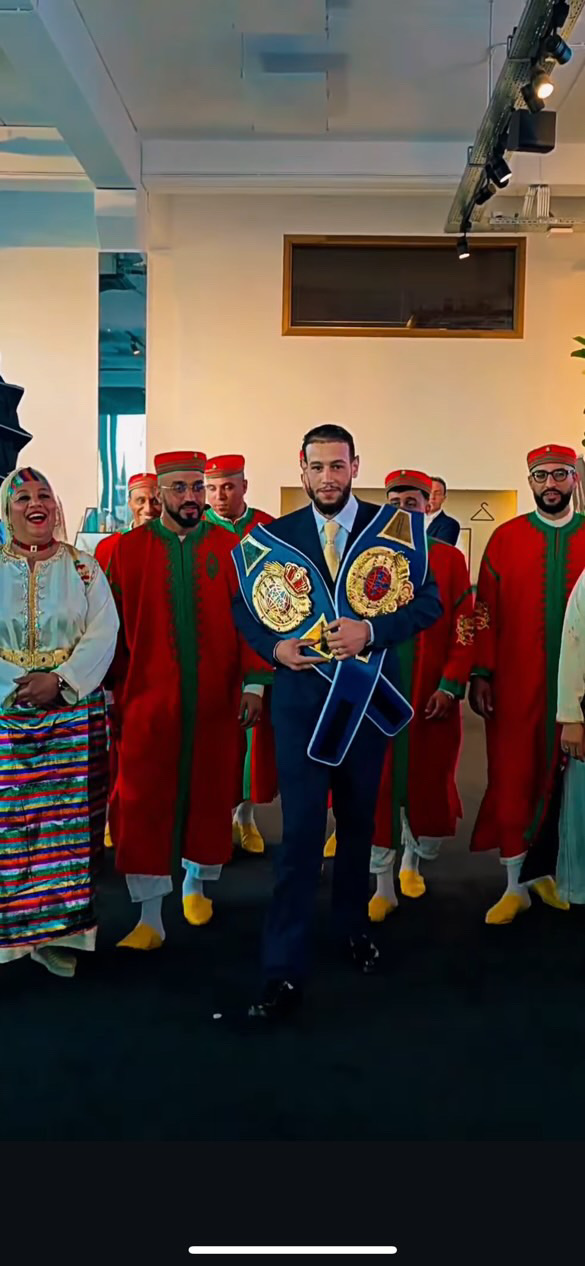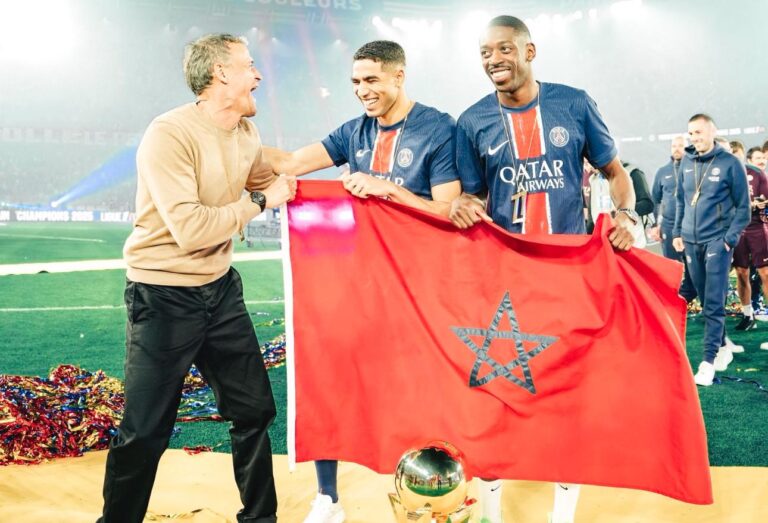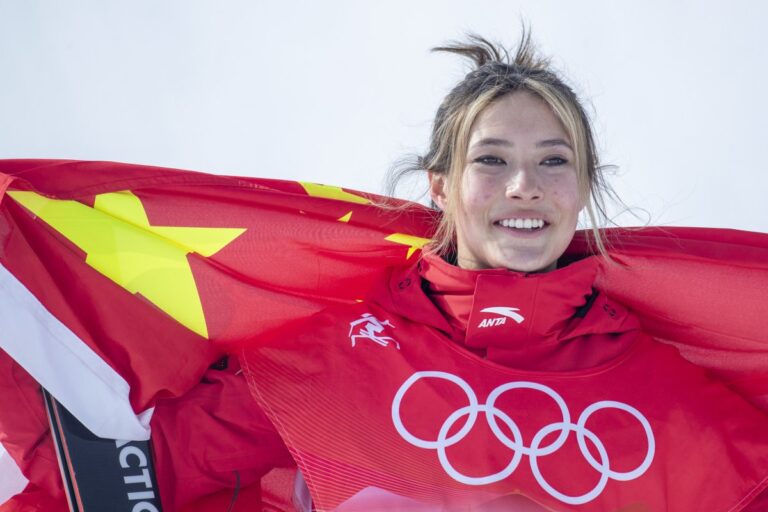
Ibrahim Rabbaj Shines at Chelsea, But Left in the Shadows by Moroccan U-17 Coach Baha
Washington — April 17, 2025
While Chelsea FC’s U-17 squad continues to impress in domestic and international youth competitions, one name consistently drawing praise from coaches and fans alike is Ibrahim Rabbaj. The talented young midfielder has quickly become a standout performer in the Premier League’s youth setup — yet, surprisingly, his contributions have not translated into a leading role with Morocco’s U-17 national team.
Despite Rabbaj’s growing influence at Chelsea, where his tactical awareness, passing range, and creative spark have earned him a regular starting spot, he’s been largely overlooked by Moroccan U-17 coach Said Baha. In the most recent international fixtures, Rabbaj either saw limited minutes or was benched entirely — a decision raising eyebrows in both London and Rabat.
Club Brilliance, International Frustration
At Chelsea, Rabbaj is viewed as one of the brightest prospects in the academy. He has been pivotal in key matches, often dictating the tempo from midfield and showing maturity beyond his years. His ability to unlock defenses with visionary passes and his tireless work ethic have caught the attention of top scouts and senior team staff alike.
However, within the Moroccan national team setup, Rabbaj’s role has been puzzlingly minimal. While other less in-form players have been given extended opportunities, Rabbaj has had to settle for brief cameos or bench duty. This inconsistency in selection threatens to shake the confidence of a young player navigating a critical stage in his development.
The Emotional Toll of Being Overlooked
For U-17 players, emotion plays a significant role in shaping not only performance but long-term ambition. At this age, recognition and support can fuel a young player’s passion — or, if mishandled, stifle it. The risk of disengagement looms large if a player like Rabbaj begins to feel undervalued by the very team he dreams of representing.
“This is the age where players need belief more than tactics,” said a Chelsea youth coach who spoke on condition of anonymity. “Ibrahim is the kind of kid who thrives on responsibility and rhythm. If you break that rhythm, you risk losing something special.”
The Moroccan coaching staff, led by Said Baha, may have tactical reasons for their current lineup decisions. But the emotional dynamics of youth football cannot be ignored. With so much riding on early international experience, a lack of support or opportunity can have lasting impacts on a player’s confidence and national team aspirations.
A Call for Reflection
Coach Baha, known for his discipline and structure, must now balance those qualities with empathy and foresight. Rabbaj isn’t just another name on the roster — he’s a symbol of Morocco’s growing diaspora of talented youth flourishing in Europe’s elite academies. By giving him the platform he’s earned, Morocco not only invests in a promising player but also sends a message to other dual nationals: your commitment will be respected, and your talent recognized.
Looking Ahead
The upcoming youth tournaments will be pivotal. If Morocco hopes to compete with the best, it will need every weapon in its arsenal — and Rabbaj is undeniably one of them. Whether Coach Baha adjusts his approach remains to be seen, but one thing is certain: Ibrahim Rabbaj is making his case loud and clear on the pitch. It’s time his country started listening.






